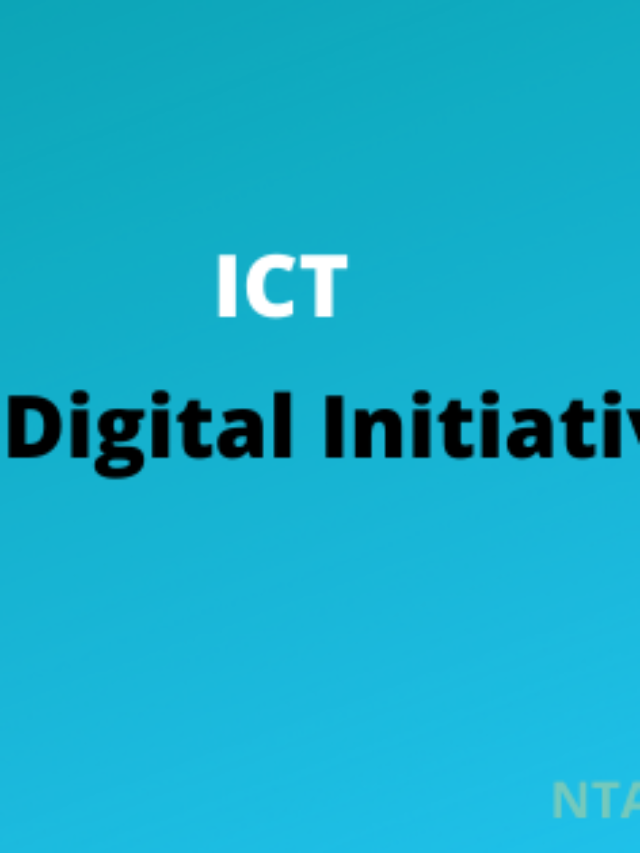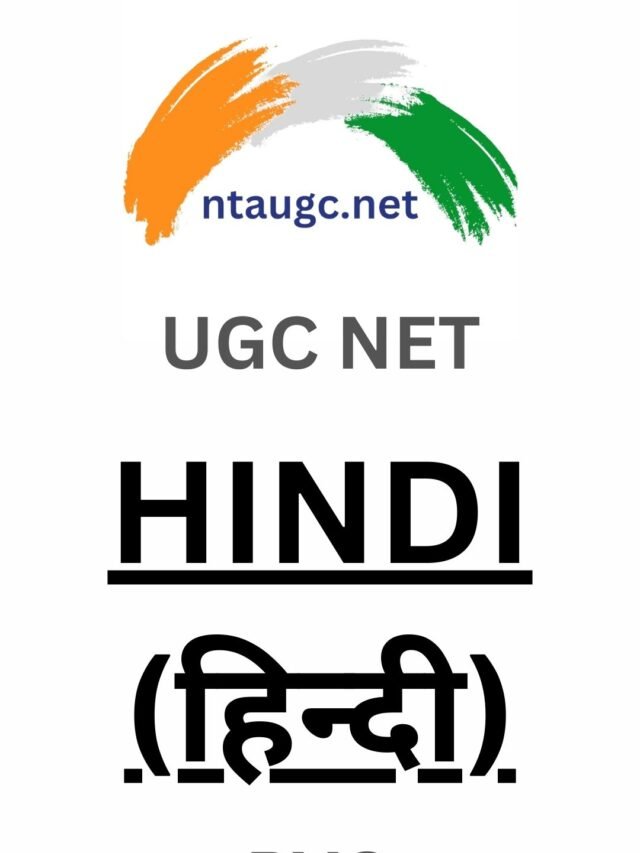India’s history is intricately woven with the leadership of its Governor-Generals and Viceroys, who played a significant role in shaping the nation’s destiny. These eminent figures not only governed the country but also orchestrated crucial historical events that left an indelible mark on India’s journey towards independence and progress. In this blog, we delve into the remarkable stories of these leaders and the events they were instrumental in shaping.
Governor-Generals and Viceroys: Guardians of India’s Destiny
- Warren Hastings (1773-1785) and the Regulating Act of 1773: Warren Hastings’ tenure marked the introduction of the Regulating Act of 1773, a legislative measure that aimed to bring governance in India under greater control by the British Crown. This event laid the groundwork for future administrative changes.
- Lord Wellesley (1798-1805) and the Subsidiary Alliance System: Lord Wellesley’s innovative Subsidiary Alliance System profoundly influenced Indian geopolitics. The system established British supremacy by creating alliances with Indian princely states and paving the way for British intervention.
- Lord Dalhousie (1848-1856) and the Doctrine of Lapse: Lord Dalhousie’s adoption of the Doctrine of Lapse led to the annexation of several princely states that lacked a male heir. This policy of expansion fueled resistance and nationalist sentiments.
Pivotal Events that Shaped India’s Path
- The Indian Rebellion of 1857 under Lord Canning: Lord Canning’s tenure saw the outbreak of the Indian Rebellion of 1857, a watershed moment in Indian history. The rebellion against British rule sowed the seeds of nationalism and laid the foundation for future freedom movements.
- Partition of Bengal under Lord Curzon: Lord Curzon’s decision to partition Bengal in 1905 ignited a wave of protests and agitations. The opposition to this move fostered unity among Indians and marked a turning point in their struggle for self-governance.
- Montagu-Chelmsford Reforms under Lord Chelmsford: The Montagu-Chelmsford Reforms of 1919 laid the groundwork for greater Indian participation in governance. However, the limited scope of these reforms led to continued demands for more comprehensive changes.
The Evolution of India’s Freedom Struggle
- Gandhi-Irwin Pact under Lord Irwin: Lord Irwin’s negotiations with Mahatma Gandhi led to the signing of the Gandhi-Irwin Pact in 1931. This pact marked a truce in civil disobedience and paved the way for discussions on India’s future political structure.
- Cabinet Mission Plan under Lord Wavell: Lord Wavell played a key role in implementing the Cabinet Mission Plan of 1946, which aimed to find a constitutional framework that would satisfy both Indian aspirations and British interests.
Here are some important events that took place during the tenure of Governors-General and Viceroys of India
| Governor-General / Viceroy | Important Events During Their Rule |
|---|---|
| Warren Hastings (1773-1785) | Regulating Act of 1773, Pitt’s India Act of 1784, First Rohilla War in 1774, First Anglo-Maratha War (1775-82) and Treaty of Salbai in 1782, Second Mysore War (1780-84) |
| Lord Cornwallis (1786-1793) | Third Mysore War (1790-92) and Treaty of Seringapatam in 1792, Cornwallis Code (1793), Permanent Settlement of Bengal in 1793 |
| Lord Wellesley (1798-1805) | Introduction of Subsidiary Alliance System (1798), Fourth Mysore War (1799), Second Anglo-Maratha War (1803-05) |
| Lord Minto I (1807-1813) | Treaty of Amritsar with Ranjit Singh in 1809 |
| Lord Hastings (1813-1823) | Anglo-Nepalese War (1814-16) and Treaty of Sugauli in 1816, Third Anglo-Maratha War (1817-19) and Dissolution of Maratha Confederacy, Introduction of Ryotwari System in 1820 |
| Lord Amherst (1823-1828) | First Anglo-Burmese War (1824-1826) |
| Lord William Bentinck (1828-1835) | Abolition of Sati practice in 1829, Charter Act of 1833 |
| Lord Auckland (1836-1842) | First Afghan War (1838-42) |
| Lord Hardinge I (1844-1848) | First Anglo-Sikh War (1845-46) and Treaty of Lahore in 1846, Efforts towards social reforms including addressing female infanticide |
| Lord Dalhousie (1848-1856) | Second Anglo-Sikh War (1848-49), Annexation of Lower Burma in 1852, Introduction of Doctrine of Lapse, Wood’s Dispatch (1854), Inauguration of the first railway line connecting Bombay and Thane in 1853, Establishment of Public Works Department (PWD) |
| Lord Canning (1856-1862) | Indian Rebellion of 1857, Establishment of three universities in Calcutta, Madras, and Bombay in 1857, Abolition of East India Company and direct British Crown control through Government of India Act, 1858, Indian Councils Act of 1861 |
| Lord Elgin (1862-1863) | Creation of the Legislative Council of India |
| Lord Lawrence (1864-1869) | Bhutan War (1865), Establishment of High Courts in Calcutta, Bombay, and Madras (1865) |
| Lord Mayo (1869-1872) | Establishment of Mayo College in Ajmer, Assassination of Lord Mayo in the Andaman Islands in 1872 |
| Lord Northbrook (1872-1876) | Famine Relief Measures and Financial Reforms |
| Lord Lytton (1876-1880) | Vernacular Press Act (1878), Arms Act (1878), Second Afghan War (1878-80) |
| Lord Ripon (1880-1884) | Repeal of Vernacular Press Act (1882), First Factory Act (1881), Local Self-Government Resolution (1882), Ilbert Bill controversy (1883-84), Education Commission (1882) |
| Lord Dufferin (1884-1888) | Third Burmese War (1885-86), Formation of the Indian National Congress (1885) |
| Lord Lansdowne (1888-1894) | Factory Act (1891), Indian Councils Act (1892), Durand Commission establishment (1893) |
| Lord Elgin II (1894-1899) | Plague epidemic in Bombay, Establishment of the Federal Structure of Government in India (1899) |
| Lord Curzon (1899-1905) | Police Commission (1902), University Commission (1902), Indian Universities Act (1904), Partition of Bengal (1905) |
| Lord Minto II (1905-1910) | Swadeshi Movement (1905-1911), Split in the Indian National Congress at Surat (1907), Formation of the Muslim League (1906), Morley-Minto Reforms (1909) |
| Lord Hardinge II (1910-1916) | Reversal of Bengal Partition (1911), Transfer of Capital from Calcutta to Delhi (1911), Formation of the Hindu Mahasabha (1915) |
| Lord Chelmsford (1916-1921) | Lucknow Pact (1916), Champaran Satyagraha (1917), Montagu’s August Declaration (1917), Government of India Act of 1919, Jallianwala Bagh Massacre (1919), Onset of Non-Cooperation and Khilafat Movement |
| Lord Reading (1921-1926) | Adoption of the Rowlatt Act (1919), Chauri Chaura Incident (1922), Withdrawal of the Non-Cooperation Movement (1922), Formation of the Swaraj Party (1922), Kakori Train Robbery (1925), Gandhi-Irwin Pact (1931) |
| Lord Irwin (1926-1931) | Arrival of the Simon Commission in India (1927), Butler Committee on Indian States (1927), Nehru Report (1928), Declaration of Purna Swaraj (Complete Independence) at Lahore Session (1929), Dandi March and Civil Disobedience Movement (1930), First Round Table Conference (1930), Gandhi-Irwin Pact (1931) |
| Lord Willingdon (1931-1936) | Third Round Table Conference (1932), Poona Pact (1932), Government of India Act of 1935 |
| Lord Linlithgow (1936-1944) | Second World War (1939) and the resignation of Congress ministries, Tripuri Crisis and formation of the Forward Bloc (1939), Lahore Resolution by Muslim League (demanding a separate state for Muslims) in 1940, August Offer (1940), Formation of the Indian National Army (1941), Cripps Mission (1942), Quit India Movement (1942) |
| Lord Wavell (1944-1947) | C. Rajagopalachari’s C.R. Formula (1944), Wavell Plan and Shimla Conference (1945), Cabinet Mission (1946), Direct Action Day (1946), Clement Attlee’s announcement of the end of British rule in India (1947) |
| Lord Mountbatten (1947-1948) | June 3rd Plan (1947), Radcliffe Commission (1947), Independence of India (August 15, 1947) |
| C. Rajagopalachari (1948-1950) | The last Governor-General of India and the first Indian Governor-General, the position of Governor-General was permanently abolished in 1950 |











